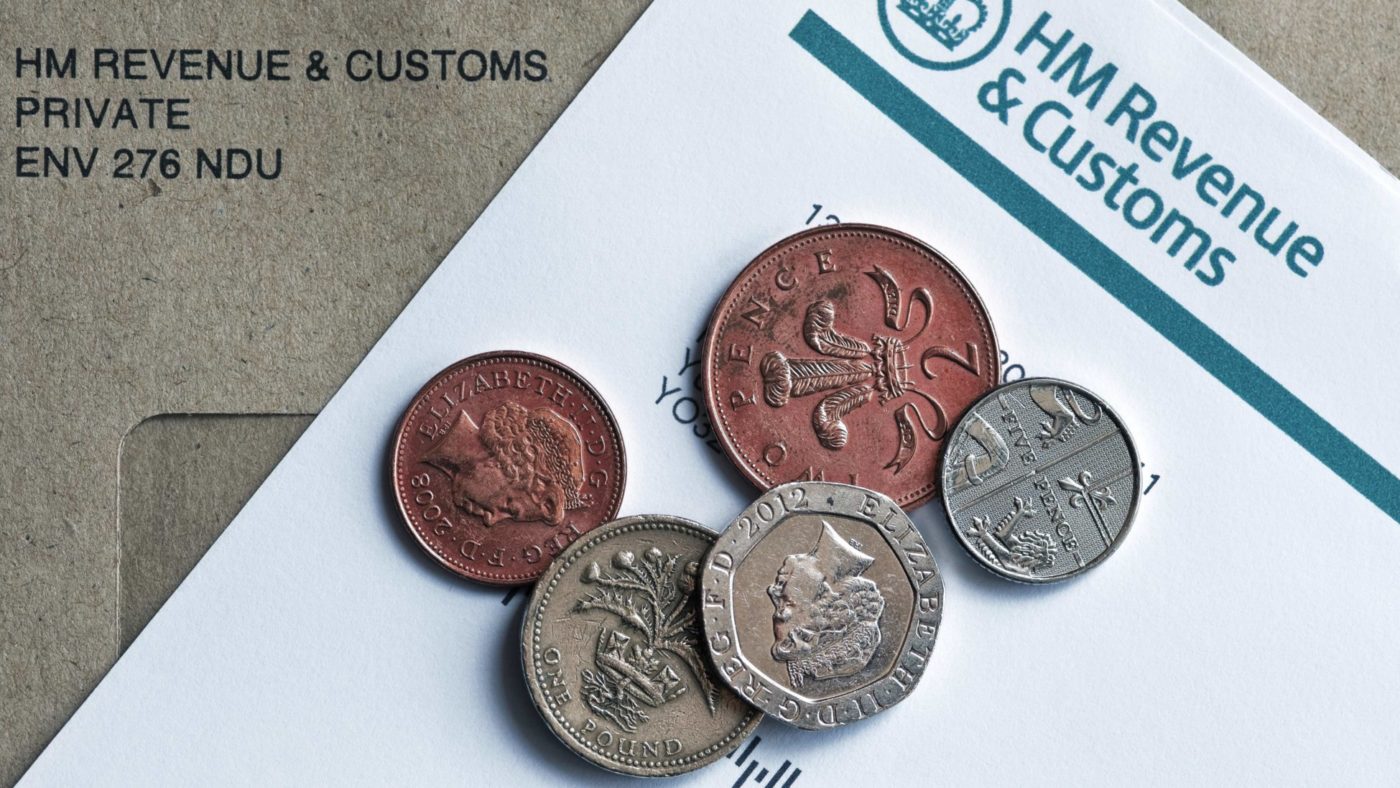When I was the councillor in charge of children’s services on Barnet council, every six months the director of education and I had to appear before the council leader to be cross examined on every line of our budget. We were questioned on everything from the subscription to the Times Educational Supplement to the taxi bill. It was tedious, painful and rarely turned up any big extravagances, but what it did was remind all those involved that this was other people’s money and that it mattered that they were careful about how they spent it.
These ‘Star Chamber’ exercises used to be common across the public sector. They reflected a view that Conservative governments had a duty to make spending taxpayers’ money a bit more difficult and to say “no” more often than they said “yes”.
How things have changed. Now a Tory government boasts that it is spending “£407 billion on support for families, jobs and businesses”, borrowing is at its highest level since the war – and that’s only the start.
The weekend papers were full of demands for an extra £15 billion for education and the Prime Minister has promised the NHS will get the money it needs to tackle its waiting lists. Ministers, commentators, the Bank of England are all supremely relaxed about this and seem to believe that we have now finally created a climate in which the magic money tree can flourish. Yet this ignores the fundamental truth of government spending: the public sector will never cut its coat according to its cloth, but always demand more cloth. All governments struggle to resist the relentless special pleading that now dominates our political life, but that task has become much harder because of the way spending discipline has been completely abandoned over the past year.
Clearly if the government stops the economy from functioning then it has to step in to help, yet so many of the programmes announced during the pandemic will not spend our money wisely or well.
The £4.8 billion levelling up infrastructure fund is just one example. Anyone who has served on a council knows what always happens with these funds. Every Highways Department in the country will bid for the money whether or not they have good projects to spend it on. They will dust off pet plans for one-way systems, for sprucing up the High Street with a few benches, some hanging baskets and a cycle lane. No one will do any rigorous review of whether they will bring any discernible benefit to local businesses. The schemes will be approved anyway because all that matters is making sure there’s a long list of projects, preferably ones where a junior minister and the council leader can have their photo taken in front of a digger.
Austerity has few defenders these days but, behind closed doors, you will find local authority chief executives who will grudgingly admit that its disciplines were a good thing. They will accept it helped them eliminate waste, forced them to think more clearly about what services they provide and how they provide them. Some, especially in social care, came up with more innovative ways of working, established new partnerships, and gave individuals more responsibility for their own lives which proved cheaper and life-enhancing.
When government tightens the purse strings, it forces the public sector to think about cost. Francis Maude, when he was minister in the cabinet office, recounted the story of a visit to a health centre where every item in the stockroom had a price label on it. That simple change had a dramatic effect on reducing waste because the staff, for the first time, knew the cost of their actions and could make an informed assessment of their value.
Careful policy changes over decades, from the internal market in the NHS to local management of schools, gradually created an awareness that value for money mattered in public services. It has taken years to instill a mindset that it was possible to do more with less and where that was not possible to accept that the best option was just to do less. That has now been abandoned.
It seems there are very few of us left who believe in Abraham Lincoln’s dictum that, “government should do for people only what they cannot do better by themselves, and no more”. We used to believe that individuals and businesses would always be better at spending their own money than government, instead we must now celebrate that the Department of Transport is giving people £50 vouchers to get their bikes mended.
The problem is that once public spending becomes celebrated as a virtue then the culture of cost constraint disappears and every part of government will adopt the Oliver Twist approach and constantly come back for more. The hard-won acceptance that efficiency and value for money mattered has now evaporated.
Yes, the prospect of a turbo-charged recovery offers some hope – but unless public spending discipline is reasserted soon we will all be paying the price for years to come.
Click here to subscribe to our daily briefing – the best pieces from CapX and across the web.
CapX depends on the generosity of its readers. If you value what we do, please consider making a donation.


